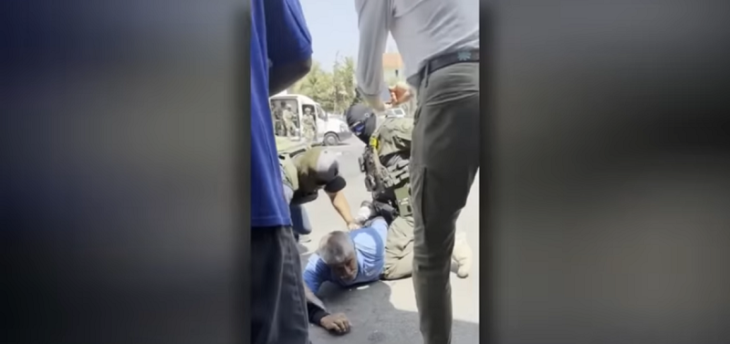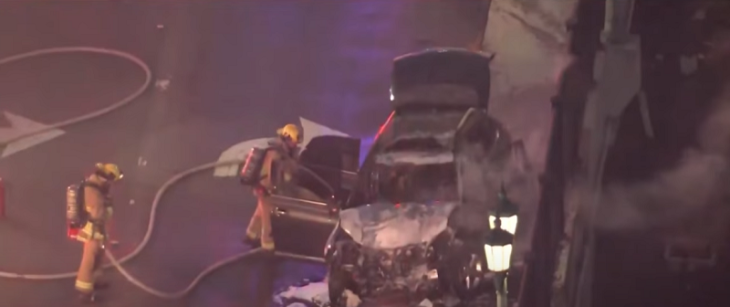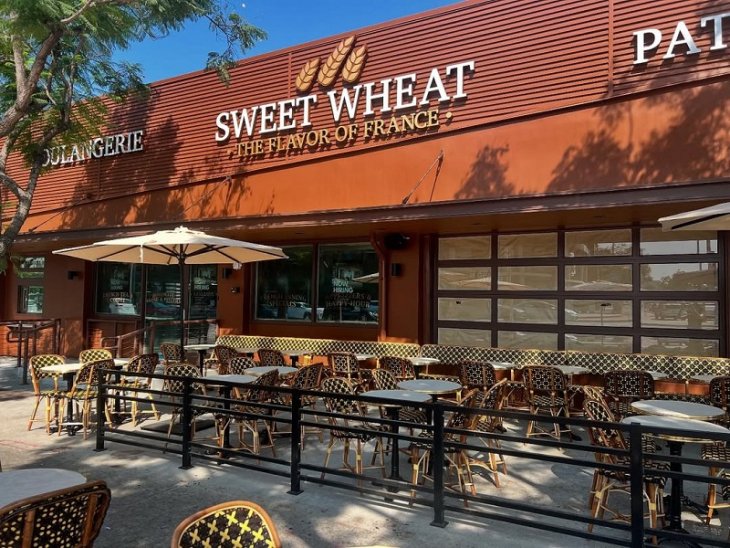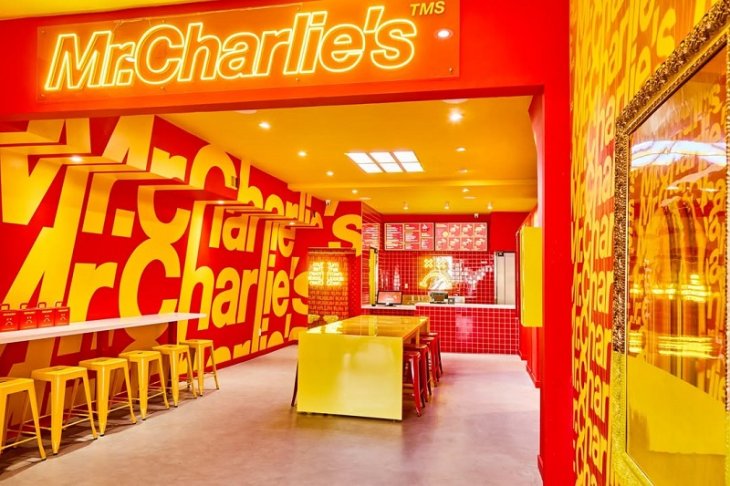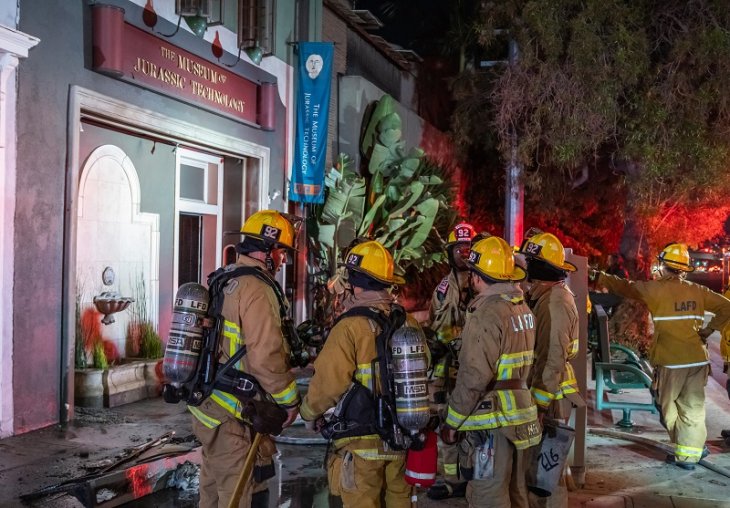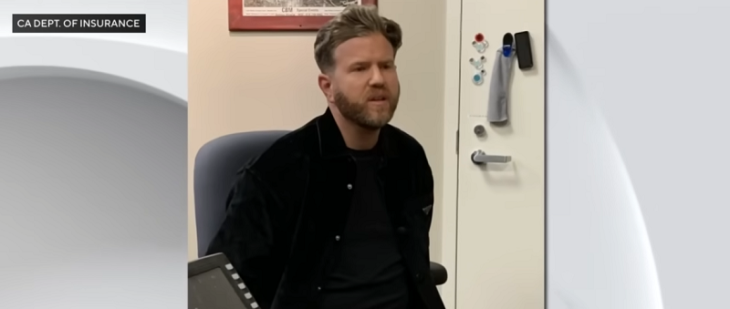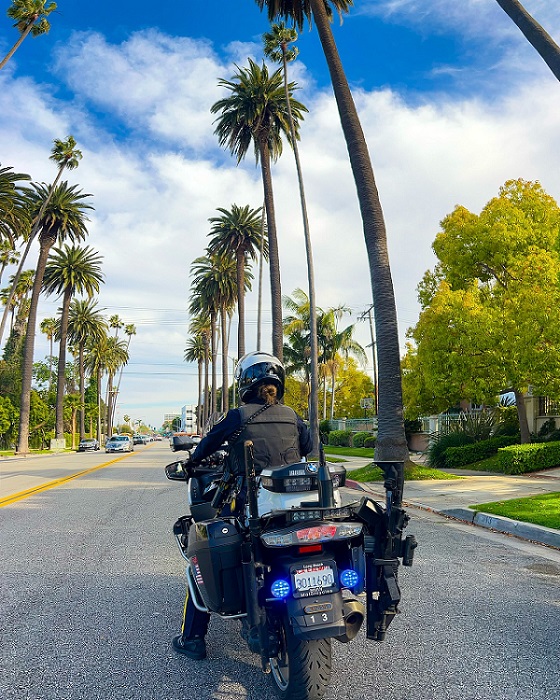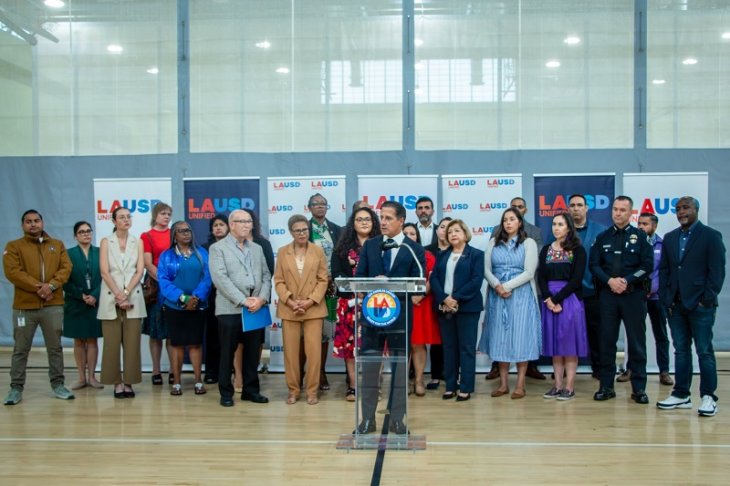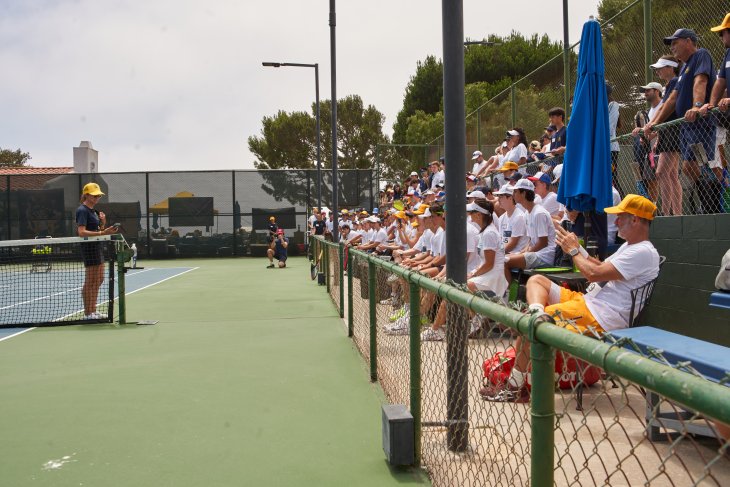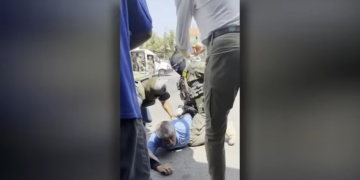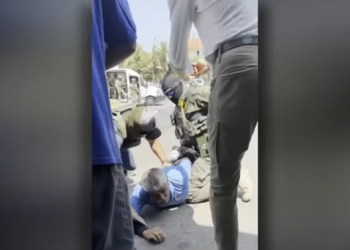
The California Supreme Court upheld on June 5 a former Los Angeles resident’s death sentence for robbing and murdering a woman he followed from the Hollywood Park Casino in Inglewood more than 16 years ago.
Donald Ray Debose was sentenced to death in July 1999 for the Dec. 17, 1997, attack on Dannie Kim, 32, of Walla Walla, Wash., who was followed out of the casino after gambling and was found later that morning in the trunk of her burning Chrysler LeBaron in front of an Inglewood elementary school. The woman – who suffered severe burns and had been shot – died five days later from her injuries.
“Here, Kim was held captive before she was killed. Her captivity took place, at least at the end, in full public view on a residential street. Her pleading and arguing with defendant attracted the attention of witnesses who heard the commotion,” the State’s highest court noted in its 47-page ruling.
Debose also was convicted of attempted murder and second-degree robbery of another woman, who survived being shot in the head after being followed home to Rancho Cucamonga from the same casino on Dec. 23, 1997.
Security cameras from the casino recorded the movements of Debose and two other men, Carl Higgins and Anthony Flagg, with video footage showing the three appearing to monitor Kim’s gambling activities, the State’s highest court noted in its 47-page ruling.
Jurors recommended that Debose be sentenced to death for the crimes and that Higgins and Flagg each be sentenced to life in prison without the possibility of parole.
In its appeal, the defense contended that Debose’s death sentence is disproportionate to the life prison terms to which Higgins and Flagg were sentenced.
“Here, defendant’s death sentence is proportionate to his individual involvement and culpability. Coupled with the circumstances of the crimes, the evidence strongly points to defendant as the shooter of Kim; furthermore, less than a week later, defendant, acting alone, viciously attacked, robbed and shot a second victim … in the head at point-blank range. It moreover is reasonable to infer that because defendant was the only one involved in both incidents, he planned and orchestrated them,” the justices found.
The State’s high court reversed one of the two special circumstances jurors had found true – arson-murder – against Debose, noting that the arson did not involve an inhabited structure or property as required under state law for the special circumstance. The ruling does not affect the other special circumstance – murder during the commission of a robbery – which alone is sufficient to make Debose eligible for the death penalty, the panel noted.

